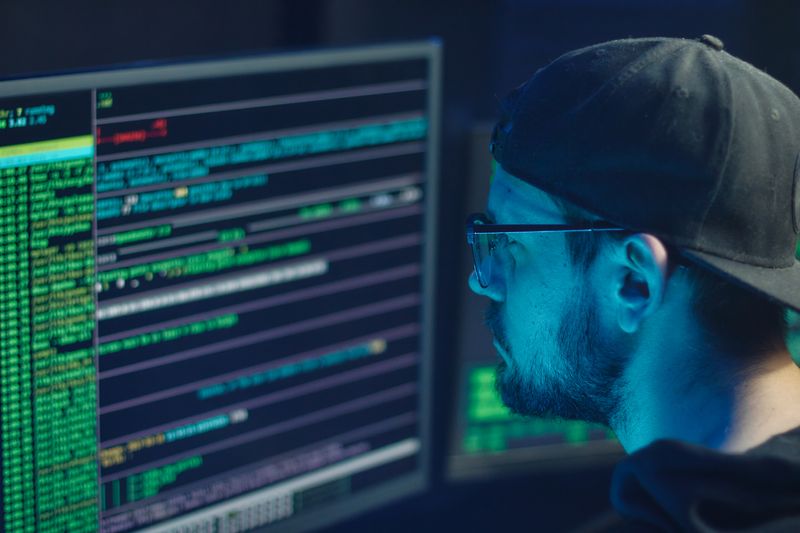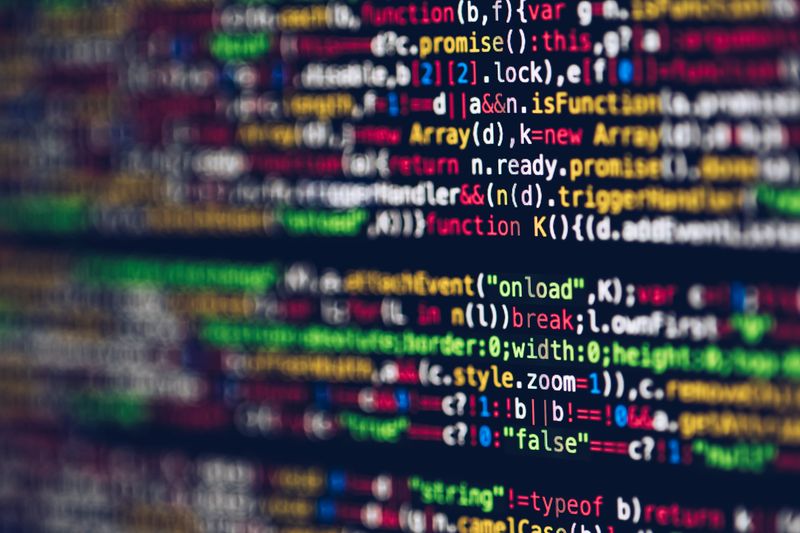Philippine Military Ordered to Stop Using Artificial Intelligence Apps Due to Security Risks
In a recent development, the Philippine defense chief, Gilberto Teodoro Jr., has issued an order to all defense personnel and the 163,000-member military to refrain from using digital applications that utilize artificial intelligence (AI) to generate personal portraits. Teodoro cited security risks as the primary concern, explicitly warning against the use of an AI-powered app that creates a digital person resembling the user. The Department of National Defense has confirmed the authenticity of the memo, but has not provided further details regarding the motivation behind the prohibition.
Potential Risks of AI Apps
The decision to cease the use of AI apps in the Philippine military highlights the growing recognition of the potential risks associated with these technologies. While AI has shown great promise in various sectors, including defense and national security, it is crucial to weigh the benefits against the risks.
Teodoro’s warning about the malicious use of AI-generated portraits is not unfounded. With the increasing sophistication of AI algorithms, it becomes easier for malicious actors to create convincing fake profiles. These profiles can be used for identity theft, social engineering, phishing attacks, and other malicious activities. The ability to create realistic-looking digital personas raises concerns about the potential exploitation of personal data and the manipulation of individuals in targeted campaigns.
The Balance Between Innovation and Security
The issue at hand reflects a broader tension between embracing technological innovation and ensuring adequate security measures. The Philippine military, like many other organizations, has likely adopted AI apps to enhance operational efficiency and decision-making processes. However, as technology advances, it is essential to evaluate the potential risks and adapt security protocols accordingly. In this case, the prohibition on AI apps aims to mitigate the vulnerabilities associated with the misuse of AI-generated images.
Moreover, the decision also highlights the critical role of organizations in setting clear guidelines and policies regarding the use of emerging technologies. By establishing comprehensive security measures and providing guidance on responsible AI implementation, entities can better navigate the risks and benefits of these advancements.
Internet Security and Privacy Concerns
The Philippines’ move to halt the use of AI apps in its military underlines the growing concern over internet security and privacy. As individuals increasingly engage with technology in various aspects of their lives, there is a pressing need to prioritize the protection of personal data.
The case of AI-generated portraits raises questions about users’ consent and control over their own images and data. The collection of personal photos for AI training purposes must be accompanied by transparent disclosure and informed consent. Users need to understand how their data will be used and the potential consequences of sharing their images.
Additionally, this situation emphasizes the significance of robust data protection measures and cybersecurity practices. Organizations should invest in secure systems, regularly update their software, and train their personnel to recognize and respond to potential threats. By prioritizing cybersecurity, entities can safeguard against the misuse of personal data and minimize the risks associated with emerging technologies.
Editorial: Balancing Innovation and Security in the Age of AI
The Philippine defense chief’s decision to cease the use of AI apps serves as a reminder that as we embrace technological advancements, we must also carefully consider the associated risks and responsibly navigate the path forward. While AI offers tremendous potential to revolutionize the way we live and work, it also presents significant security challenges.
As society and organizations continue to adopt AI technologies, it is crucial to strike a balance between innovation and security. This delicate equilibrium requires comprehensive risk assessments, clear policies, and ongoing oversight. Security measures must keep pace with technological advancements to protect against evolving threats.
Furthermore, fostering a culture of vigilance and education is vital. Users must be equipped with the knowledge and skills to identify potential risks and make informed decisions about their digital activities. With greater awareness, individuals can take proactive steps to protect their personal information and contribute to a more secure online environment.
Advice: Navigating the Risks of AI Applications
As individuals and organizations interact with AI applications, it is essential to consider the following measures to navigate the associated risks:
1. Prioritize Internet Security:
Invest in robust cybersecurity measures, including strong passwords, regular software updates, and secure data storage. Stay vigilant and be cautious about sharing personal information online.
2. Understand Privacy Policies:
Take the time to read and understand the privacy policies of AI applications and platforms. Be aware of how your data is collected, used, and shared. Exercise caution when sharing personal photos or other sensitive information.
3. Stay Informed:
Keep up with the latest developments in AI and related security risks. Stay informed about potential threats and emerging best practices to protect your data and personal privacy.
4. Advocate for Responsible AI Use:
Encourage organizations to adopt transparent AI practices and prioritize user consent and data protection. Support initiatives that aim to establish ethical guidelines and responsible AI implementation.
5. Report Suspicious Activity:
If you encounter any suspicious or malicious activity involving AI applications, report it to the appropriate authorities or platform administrators. By reporting these incidents, you contribute to creating a safer digital environment.
In conclusion, the decision by the Philippine defense chief to halt the use of AI apps in the military highlights the need to carefully assess the risks associated with emerging technologies. As AI continues to advance, it is crucial to strike a balance between innovation and security, prioritize internet security, and foster a culture of vigilance and education. By taking proactive measures and staying informed, individuals and organizations can navigate the evolving landscape of AI while safeguarding their privacy and data.

<< photo by Domenico Loia >>
The image is for illustrative purposes only and does not depict the actual situation.
You might want to read !
- Harmonic Secures $7M Funding to Safeguard Generative AI Deployments
- Microsoft Takes Big Step in Securing AI Technology with New Bug-Bounty Program
- Mastering the Dual Challenge: A Webinar on Guiding vCISOs through AI and LLM Security
- The Rise of Malvertisers: Exploiting Google Ads to Prey on Users Seeking Popular Software
- Great Expectations: Examining the Limits of Exceptionalism
- Avoiding Cybersecurity Transformation Traps: Navigating Change From Within
- The Rise of ExelaStealer: A Cost-Effective Cybercrime Menace
- The Future of Enterprise Security: Fingerprint Secures $33M in Funding to Drive Device Intelligence and Fraud Prevention
- The Future of Energy: Exploring the Significant Impact of AI on the Industry
- Norton Reinforces Online Safety With Upgraded Password Manager and AntiTrack
- Title: The Lingering Vulnerability: How Gov-Backed Actors Continue to Exploit the WinRAR Flaw
- The Rise of AI-Powered Hackers: How Bing Chat’s LLM was Deceived to Bypass CAPTCHA Filter
- How Chatbots Successfully Bypassed CAPTCHA Filters




